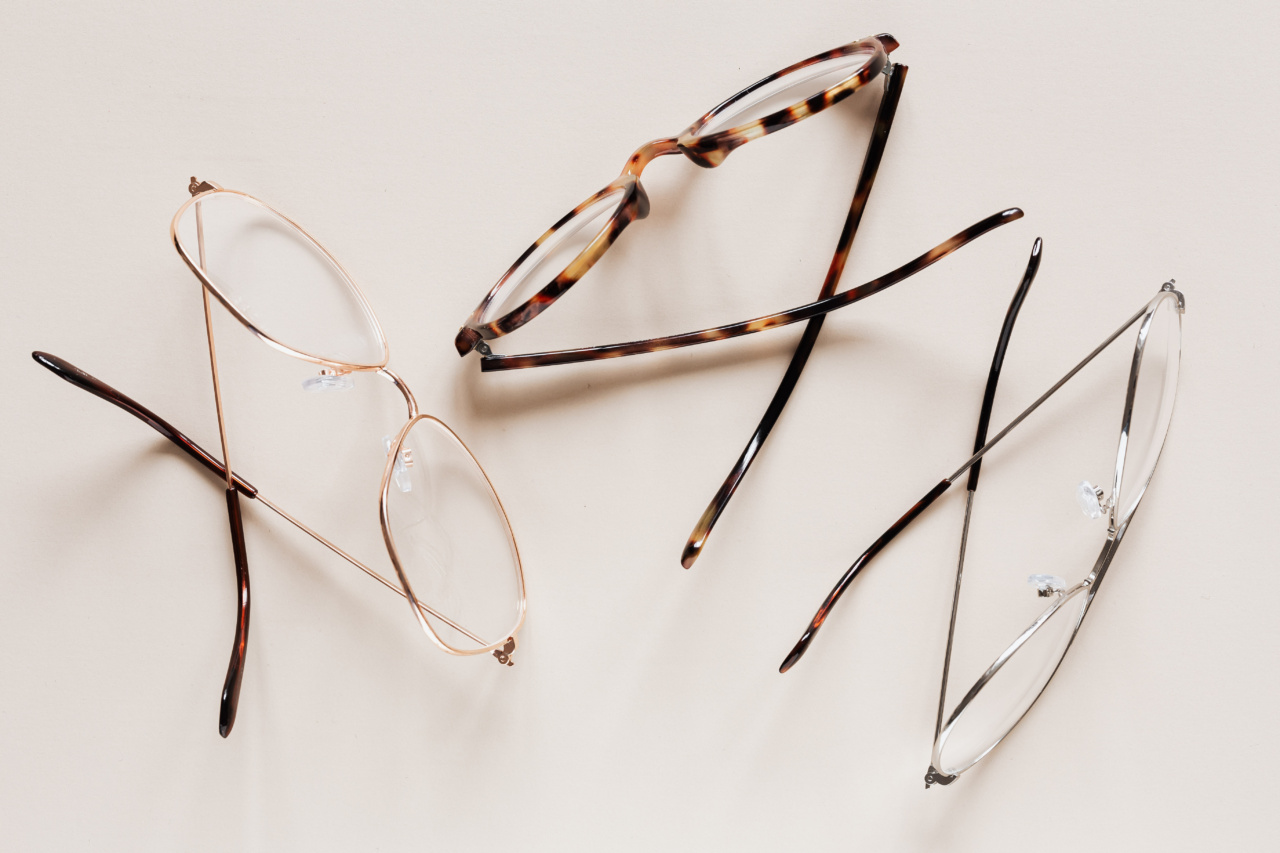Myopia, commonly known as nearsightedness, is a refractive error of the eye that causes distant objects to appear blurry. It is a very common condition, affecting millions of people worldwide.
However, there are various misconceptions surrounding myopia that can lead to confusion and misinformation. In this article, we will debunk some of the most common misconceptions about myopia.
Myopia Only Affects Children
One of the most common misconceptions about myopia is that it only affects children. While it is true that myopia often starts during childhood, it can also develop in adulthood.
In fact, the prevalence of myopia is increasing among adults due to various environmental and lifestyle factors.
Myopia Can Be Cured
Contrary to popular belief, myopia cannot be cured. However, it can be effectively managed and corrected with the help of glasses, contact lenses, or refractive surgery.
These treatment options help to improve vision and alleviate the symptoms of myopia, but they do not reverse the underlying condition.
Reading in Dim Light Causes Myopia
Another common misconception is that reading in dim light can cause myopia. While reading in poor lighting conditions may strain the eyes and cause temporary blurry vision, it does not lead to the development of myopia.
Myopia is primarily influenced by genetic and environmental factors rather than reading habits.
Wearing Glasses Makes Myopia Worse
Some people believe that wearing glasses makes myopia worse. This is not true. Wearing appropriate prescription glasses or contact lenses actually helps to correct vision and reduce eye strain.
It does not make the myopia worse or cause any harm to the eyes. In fact, not wearing corrective lenses when needed can lead to further eye strain and discomfort.
Myopia Is Harmless and Doesn’t Require Treatment
Although myopia is a common condition, it is not harmless. If left uncorrected, myopia can lead to various complications such as eye strain, headaches, and a higher risk of developing other eye conditions like glaucoma and retinal detachment.
It is crucial to diagnose and manage myopia to prevent its progression and associated complications.
Outdoor Activities Can Prevent Myopia
There is evidence to suggest that spending time outdoors may help in reducing the risk of myopia progression, especially in children. However, it is important to note that outdoor activities alone cannot prevent myopia completely.
Genetic factors, amount of near work, and overall eye health also play significant roles in the development and progression of myopia.
Eye Exercises Can Reverse Myopia
Many people believe that certain eye exercises can reverse myopia. However, there is no scientific evidence to support this claim. Myopia is primarily caused by the shape and length of the eyeball, and exercises cannot alter these factors.
It is always best to consult with an eye care professional for appropriate management of myopia.
Wearing Contact Lenses Is Risky for Myopia
Some individuals think that wearing contact lenses is risky for people with myopia. While contact lens wear requires proper hygiene and care, it is generally safe for individuals with myopia.
Contact lenses provide an effective and convenient way to correct vision and are a popular choice for many people with myopia.
Myopia Can Be Prevented
Unfortunately, myopia cannot be completely prevented. However, certain measures can help reduce the risk of myopia progression, especially in children.
These measures include spending time outdoors, maintaining a balanced and nutritious diet, and practicing good eye hygiene. Regular eye examinations are also important to detect myopia early and manage it effectively.
Conclusion
Myopia is a prevalent condition that affects a significant portion of the population. Debunking common misconceptions about myopia is essential in order to ensure accurate information is shared.
Remember, myopia can occur in both children and adults, and while it cannot be cured, it can be managed effectively. Wearing glasses or contact lenses is not harmful and is often necessary for clear vision. Taking appropriate measures to prevent myopia progression, such as spending time outdoors, is beneficial.
Ultimately, consulting with an eye care professional is crucial for proper diagnosis and management of myopia.




























